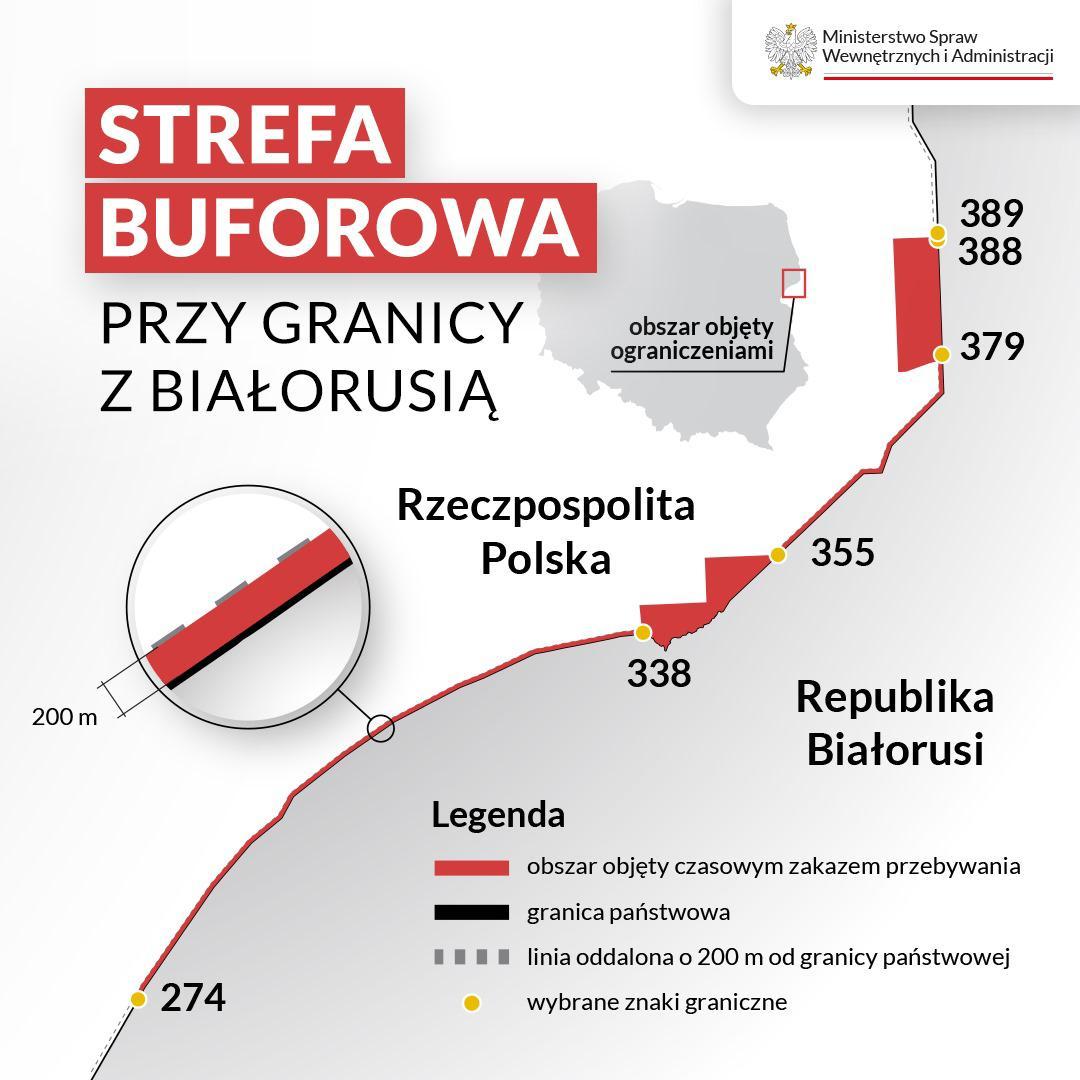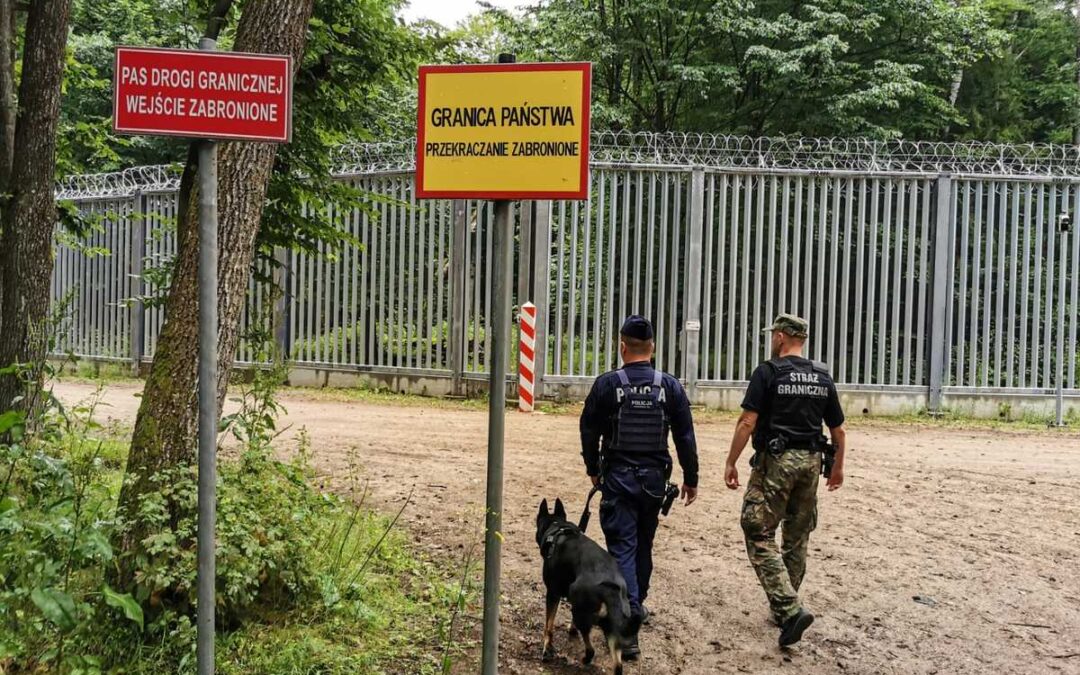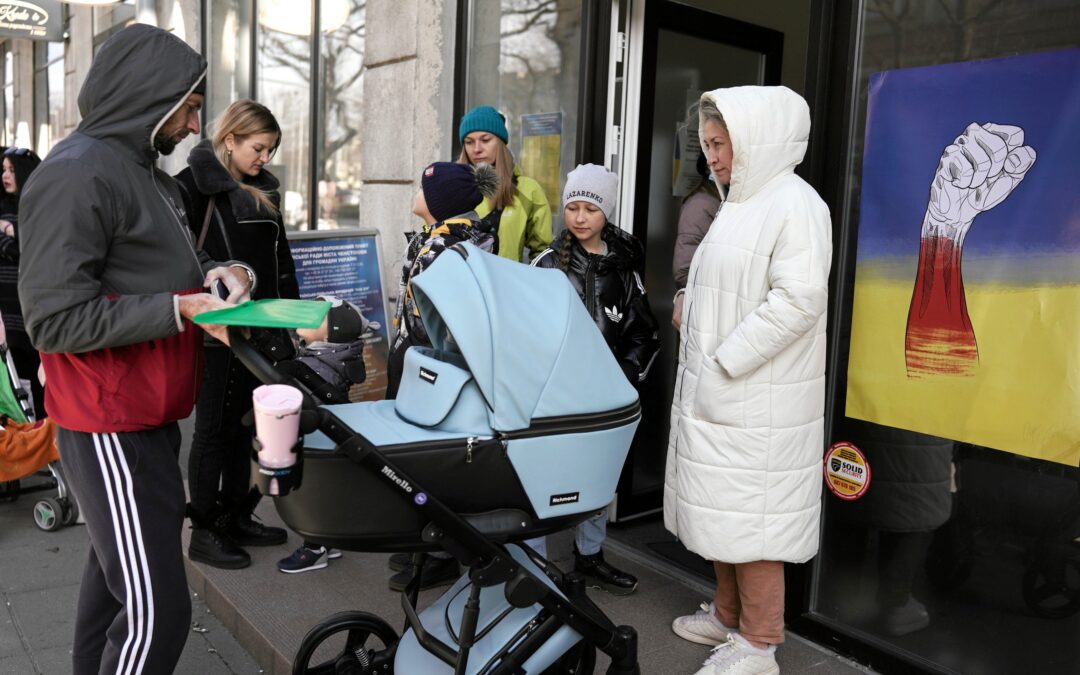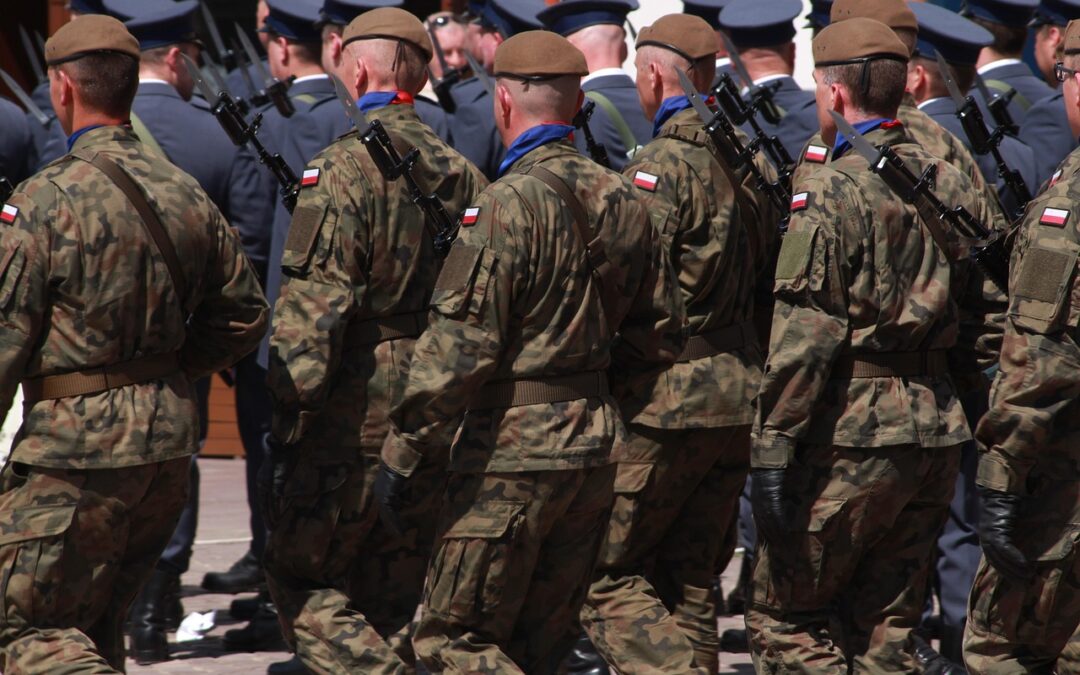Poland’s commissioner for human rights, Marcin Wiącek, has voiced concern over the exclusion zone introduced by the government at the border with Belarus in response to a surge in attempted crossings by migrants.
He warns that the measures will “interfere with basic constitutional freedoms”, including the right to information and freedom of movement, and “impede the provision of humanitarian, medical and legal assistance” to those crossing the border.
Recent months have seen a surge in attempted crossings over Poland's border with Belarus as well as violence by migrants towards Polish officers.
Security expert @MPiekarski24 explains why the situation has changed and how the government is addressing it https://t.co/tYNT5eL9SZ
— Notes from Poland 🇵🇱 (@notesfrompoland) June 12, 2024
On Thursday, a government regulation banning unauthorised people from entering an area along 60km of the border with Belarus came into force. For most of that stretch (44km), the prohibited area reaches 200m into Poland from the border; in the remaining 16km, the exclusion zone is 2km deep.
The measures – which are similar to ones introduced by the previous Polish government in 2021 during the initial stages of the migration crisis on the Belarus border and withdrawn in 2022 – will be in place for 90 days.
They were introduced after a surge in attempted crossings by migrants and asylum seekers this year, as well as an increase in attacks on Polish border officers, one of which resulted in the death of a soldier.

In a statement issued on Friday, Wiącek noted that, just as he had raised concern about the previous exclusion zone introduced in 2021, he now again wanted to highlight “the possible risk of human rights violations and the deepening of the humanitarian crisis on the border as a result of the introduction of this regulation”.
He said that the prohibition on the public entering the area “may interfere with basic constitutional freedoms, such as freedom of movement, freedom to choose the place of residence and stay, freedom of assembly and freedom to obtain and disseminate information”.
Moreover, wrote Wiącek, “the ban will also impede the provision of humanitarian, medical and legal assistance to foreigners by social organisations and volunteers operating on the Polish-Belarusian border”.
Stanowisko Rzecznika Praw Obywatelskich dotyczące wprowadzenia na mocy rozporządzenia MSWiA czasowego zakazu przebywania na określonym obszarze w strefie nadgranicznej przyległej do granicy państwowej z Republiką Białorusi⬇️https://t.co/Nzlo5ezXyp pic.twitter.com/eyAJpBblY0
— Biuro Rzecznika Praw Obywatelskich (@BiuroRPO) June 14, 2024
He noted that in recent months his office has undertaken a number of investigations into migrants at the border who are in poor health, including some who have experienced violence. There are also cases of unaccompanied minors.
“The commissioner for human rights has repeatedly pointed out that it is difficult or impossible for foreigners crossing the Polish-Belarusian border to realise their basic rights, and therefore limiting the ability of social organisations and volunteers to provide them with help may deepen the humanitarian crisis,” wrote Wiącek.
Finally, the commissioner raised concern about the fact that the new exclusion zone – like the one in force in 2021-22 – also bans journalists from the border area. This “deprives society of the right to reliable information about the activities of public authorities in an area that is not generally accessible”.
Poland has already seen more attempted illegal border crossings from Belarus this year (18,000) than in the whole of 2022 (15,000).
Since the start of the border crisis in 2021, Poland has seen around 100,000 such attempts.
Via @dwnews: https://t.co/cDUGNCcT4X pic.twitter.com/OzMniBDDhD
— Notes from Poland 🇵🇱 (@notesfrompoland) June 16, 2024
Wiącek was appointed as human rights commissioner by parliament in 2021. His candidacy was proposed and supported by parties that were then in opposition but now form the ruling coalition.
At the time of writing, the government had not issued a response to Wiącek’s statement. Previously, it has argued that the exclusion zone is necessary to improve security at the border and to hinder the work of traffickers who help migrants cross the border and then travel on to western Europe.

Notes from Poland is run by a small editorial team and published by an independent, non-profit foundation that is funded through donations from our readers. We cannot do what we do without your support.
Main image credit: Policja Podlaska (under CC BY-NC-ND 3.0 PL)

Daniel Tilles is editor-in-chief of Notes from Poland. He has written on Polish affairs for a wide range of publications, including Foreign Policy, POLITICO Europe, EUobserver and Dziennik Gazeta Prawna.



















